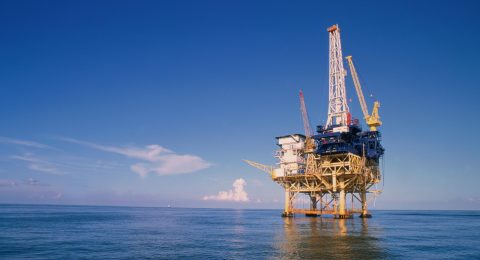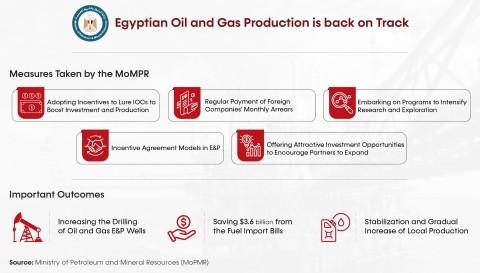The presidents of Sudan and South Sudan are meeting in the Ethiopian capital Addis Ababa to discuss a deepening crisis over sharing their oil wealth
When South Sudan became independent last July, Sudan lost most of its oil.
However, the export pipelines go through Sudan, which has seized some $815m (£520m) in oil revenue, accusing the south of not paying transit fees.
South Sudan last week said it was suspending oil production, accusing Sudan of “stealing” its oil.
The leaders of Kenya and Ethiopia are trying to broker a deal between South Sudanese President Salva Kiir and his Sudanese counterpart – and old enemy – Omar al-Bashir.
The BBC’s James Copnall in Khartoum says the row over oil has taken the two countries’ relationship to its lowest point since South Sudan seceded.
In addition to the oil dispute, there are also tensions along the border, with Sudan this week denying accusations that it had bombed a refugee camp in South Sudan housing people who had fled a conflict across the frontier.
The two countries swap accusations of backing each other’s rebel groups.
Mr Kiir was a leading member of a rebel group which fought Sudan for two decades before a peace deal paved the way for the south’s independence.
‘Oil war’
A lot is riding on the summit as if South Sudan’s threatened shutdown in oil production is completed, it would damage the already struggling economies of both countries, our correspondent says.
Some Sudanese newspapers are already calling the crisis the “oil war”, he adds.
In 2011, the South Sudanese government estimated that 98% of its total budget came from oil revenues.
African Union mediators have said that Sudan and South Sudan are not far away from returning to actual conflict.
On Wednesday South Sudan announced a deal with Kenya to build an oil pipeline linking its oil fields to Kenya’s Lamu port, potentially reducing its dependence on Sudan for exports.
Alex de Waal, who is advising the African Union mediation panel for South Sudan and Sudan, wrote this week that such a pipeline might take three years to build.
Correspondents say there are also worries about the impact of the proposed pipeline on Lamu, which is one of East Africa’s most beautiful and relatively unspoiled environments.
Source: BBC











